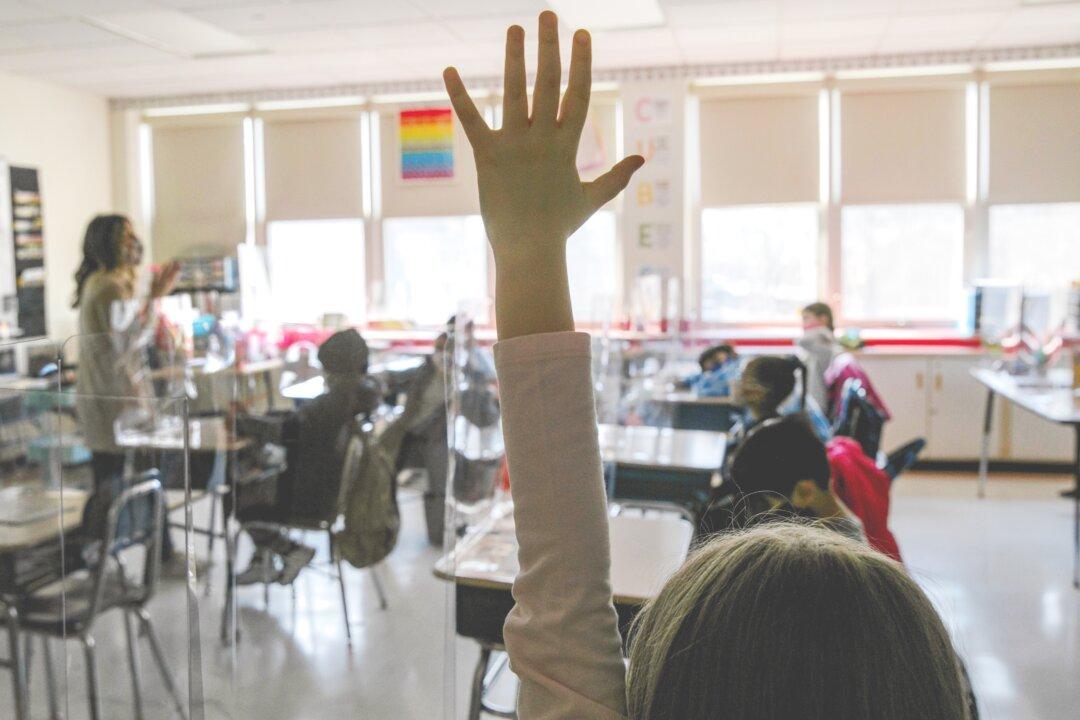A large school district near Washington said that it prohibited students from opting out of lessons based on books featuring gay and transgender characters after too many parents requested that their children be excused from the lessons, a court filing has revealed.
Montgomery County Public Schools (MCPS) in Maryland introduced the ban in March after initially allowing some students to leave classrooms when the lessons were taught.





